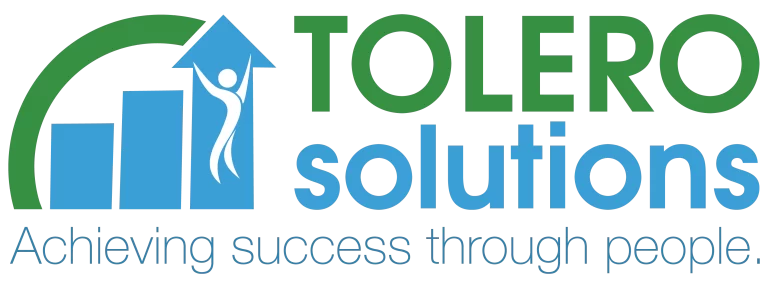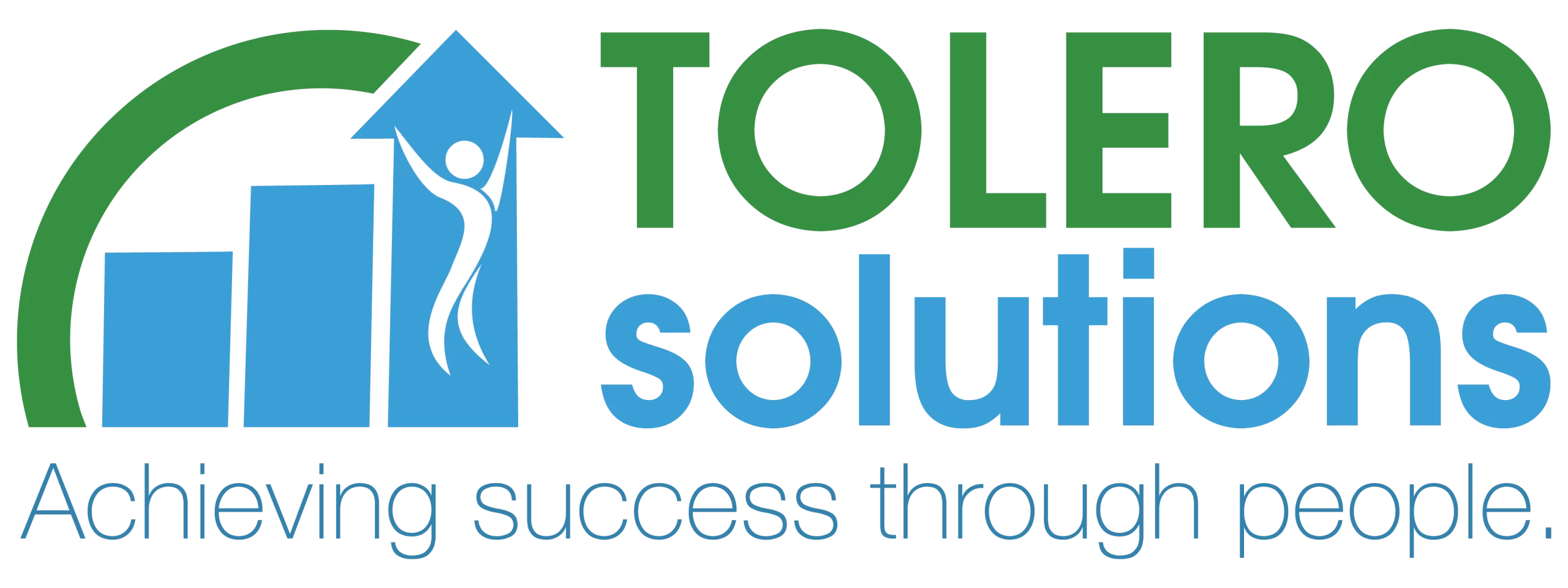Happy People = Higher Profits!
That’s a lesson that Henry Ford learned early in his entrepreneurial business and leadership career.
Ford’s success began during a significant time of change in America. When the Ford Motor Company was officially started in 1903, the government was cracking down on industry. The government was making a statement against the business practices of powerful industrialists and their monopolies. One of the largest anti-trust suits of all time was underway, the Supreme Court vs. John D. Rockefeller and Standard Oil. The business practices of titans like Andrew Carnage and John D. Rockefeller, who sacrificed the well being of employees for profits, were no longer acceptable. The country was headed in a new direction, toward a new era of innovation; an era of prosperity and fairness which ushered in the growth of the middle class.
“Coming together is a beginning; keeping together is progress; working together is success.”
– Henry Ford
Though his personal views were somewhat controversial, Ford, ever the visionary, saw the future of business and a way to capitalize on it that would not only benefit him, but benefit his fellow citizens. He was determined to bring the automobile to the average man. Up until the time Ford created the Model T, in 1908, automobiles were toys for the rich. He made sure the car was simple to drive, and easy to repair. And to achieve his vision, he also made sure it was cheap enough for the average middle class family, priced at $825 (~$21,080 today.)
Ford also realized the value and importance of innovation to success, both in regards to people and performance. He created new methods of manufacturing and workforce management, methods that had never before existed. Being a visionary, and having an eye for future trends, he created the very first manufacturing assembly line as well as created what we now know as the “40 hour work week.” Ford believed in achieving success through people. He realized early on the benefits of a balanced approach of focusing on people –> performance –> profit™ to achieve an excellent customer experience and drive success.
People: In the case of Henry Ford, he saw the value in having an engaged and high-performing workforce. He knew the happier his employees, the higher they performed, the more profit he could make – and not hold onto with greed but reinvest into new innovations. Ford was a pioneer in reducing the heavy turnover often found in the industry. He knew that to remain competitive, efficiency was important, and to be efficient meant hiring and keeping the best workers, which meant rewarding them for a job well done. In 1914, Ford became the first to offer a $5 per day wage, more than doubling the rate of most of his workers. Not only did he pay his high performers a better wage, he instituted the 40-hour week, for the first time giving employees the weekend off. These moves proved extremely profitable; instead of constant turnover of employees, the best mechanics in Detroit flocked to Ford, bringing their human capital and expertise, raising productivity, and lowering training costs.
Performance: Ford knew that to help keep his dream alive of making the automobile affordable for the middle class, a new way of manufacturing was required, to keep costs down while increasing efficiency. To this end, in December 1913, the assembly line was first developed for manufacturing of an automobile, the Ford Model T. Though this innovation was not that of Ford alone, it did contribute to what became known as “Fordism”, mass production of inexpensive goods combined with high wages for workers. Ford realized if you take care of your people your performance only increases. Ford had a vision, with a key component being: consumers could afford to purchase the things they helped to create. Ford realized that if you want your people to perform for you, even in times of great demand or uncertainty, they need to know you value and appreciate them. His intense commitment to maximizing performance – with a focus on people – resulted in many additional technical and business innovations, having a significant influence on the world.
Profit: Profit, ongoing revenue growth, is a requirement for long-term sustainability. Increased profit is dependent on a multitude of factors. Many of these factors are related to your people and their performance. If your organization’s executives and managers lead with an authentic, open and honest, and accountable style, you are more likely to inspire the best in your people. Ford believed that smart managers had an incentive to do right by their workers because doing so would maximize their own profits. The philosophy paid off – sales of the Model T passed 250,000 in 1914 and by 1916, as the price dropped to $360 for the basic model, sales reached 472,000. Ford believed that though productivity gains may mean the loss of certain jobs, these gains would nevertheless stimulate the larger economy, and thus grow new jobs elsewhere, whether within the same corporation or in others.
Ford’s philosophy was one of economic independence for the United States. By 1932, Ford was manufacturing one-third of all the world’s automobiles. His desire to focus on the well-being of his people led to this type of productivity and profit. His success couldn’t have happened without committed and dedicated employees. When you have an inspired and dedicated workforce, you have the key components to a high performing organization. High-performance organizations have a higher chance of increased profits and long term sustainability.
“Anyone who stops learning is old, whether at twenty or eighty. Anyone who keeps learning stays young. The greatest thing in life is to keep your mind young.” – Henry Ford
Ford serves as a model of a leader who understood the importance of achieving success through people and a balanced approach to connecting people –> performance –> profit™. Ford realized if you take care of your people your performance only increases – and thus so does your profit and in turn your ability to continue to innovate, improve, and reach even greater goals!
So – how are you achieving success through people?
About Scott Span, MSOD, CSM, ACC: is CEO at Tolero Solutions. As a people strategist, leadership coach, and change and transformation specialist, his work is focused on people. Through his consulting and training work, he supports clients to survive and thrive through change and transition and create people-focused cultures and a great employee experience. Through his coaching work, he supports people willing to dig deeper to identify and overcome what’s holding them back, change behaviors, accelerate performance, and achieve their goals.
Email | Website | LinkedIn | Twitter | Blog | Facebook| YouTube | Instagram
_______________________________________________________________________
*All Rights Reserved. Reproduction, publication, and all other use of any and all of this content is prohibited without the authorized consent of Tolero Solutions and the author.






